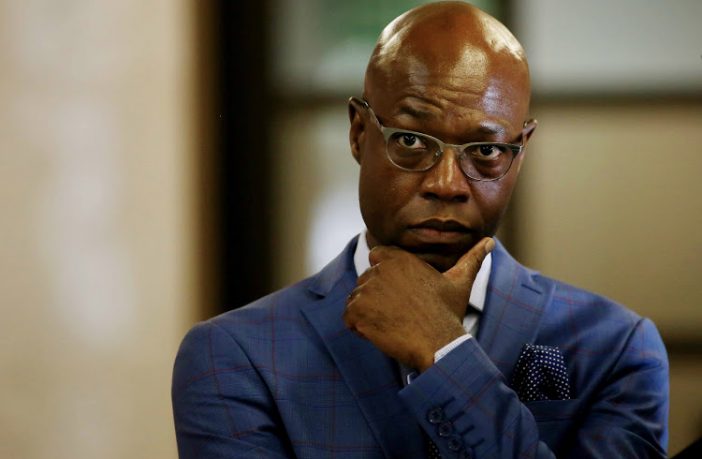The controversial former CEO of South Africa’s power utility Eskom, has tweeted that he will stop load shedding in Zimbabwe in the next 12 months. “I can confidently say that there will be no load shedding in Zimbabwe in the next 12 months,” Koko tweeted last Sunday. He further tweeted “I stopped load shedding in SA and I will do so in Zimbabwe”
Zimbabwe recently awarded Koko a contract to build a 100MW solar power plant in Gwanda, Matabeleland South without any tender process. Koko has told Zimbabwean state media outlet The Sunday Mail that the project could be expected to feed into the national grid within the next 12 months.
“The project will create approximately 1 000 direct and indirect jobs,” said Koko. He said the he had assembled a team of energy experts and investors from different parts of the world to embark on the project. “Our partners will be on site in August to complete the detailed design for the power plant. We believe our team is competent and second to none and will deliver the project without fail,” he added.
The Zimbabwe Electricity Transmission & Distribution Company (ZETDC) implemented a wide scale load shedding programme in May 2019 plunging the country into darkness. The country has been forced to cut power generation at their Kariba Dam power plant due to low water levels. The dam, on the border of Zimbabwe and Zambia, is only 34% full and cannot generate electricity at optimal capacity. The utility is also facing generation constraints at Hwange Power Station.
In South Africa, Koko is accused of feed confidential company information to third parties in order for them to exploit business opportunities with the utility while he was acting CEO of Eskom, the country’s power utility. This opened the doors for the likes of McKinsey and Trillian to secure multi-million rand contracts with the company.
Koko resigned one hour before his disciplinary hearing last year after he was charged with lying to Parliament about payments to McKinsey and Trillian, sharing sensitive and classified documents, as well as accepting free flights to Dubai from the controversial Gupta family. Read: Koko: The Energy Clown’s Days are numbered.
Koko is also accused of ‘engineering’ Eskom tenders in favour of his family. His wife received millions of rands via a company awarded contracts by the power utility. Documents in the possession of state capture investigators suggest the money flowed to companies where Koko’s wife, Mosima, is a director.
The money was channelled through Eskom service provider Impulse International, where Mosima’s 27-year-old daughter, Koketso Choma, was a nonexecutive director. Impulse raked in contracts worth about R1-billion from Eskom after Choma joined the company on April 1 2016. Koko has claimed that he did not know his stepdaughter was a director at Impulse when the company was awarded a string of Eskom contracts.
Read ‘The ugly side of renewable energy in Zimbabwe’.
Related news: Zimbabwe’s head of Energy and Power Development, Minister Fortune Chasi also recently fired the entire ZESA Board Friday amid the load shedding crisis the country faces. Read more
More related news: The Minister also recently announced that he is contemplating cancelling over 30 Independent Power Producer contracts because the projects have never materialised. Read more
Author: Bryan Groenendaal















